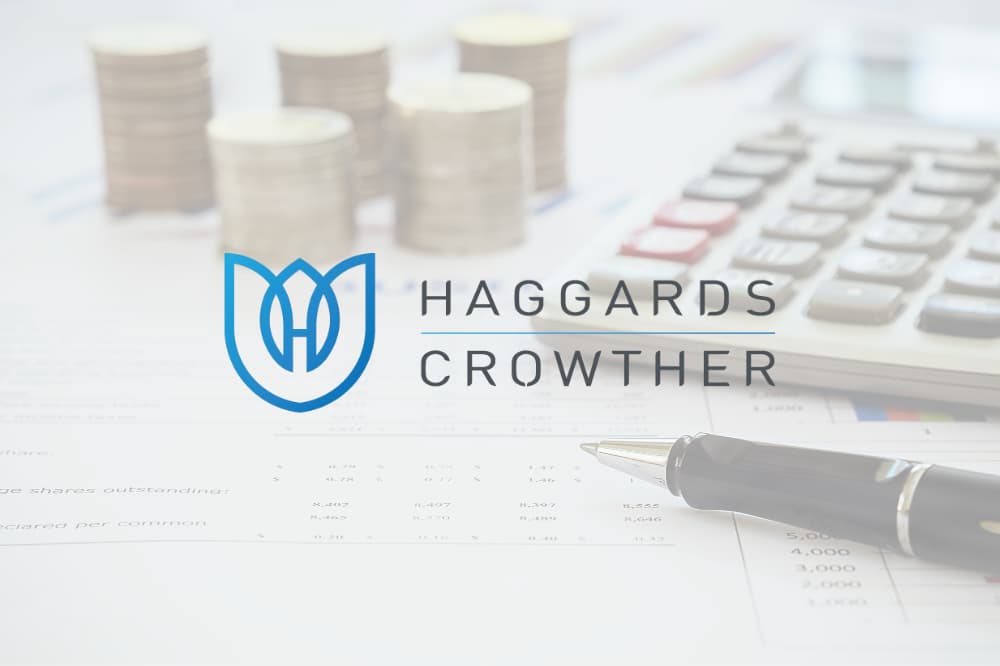
A Guide for Landlords: How is Rental Income Taxed?
28th August, 2024
If you’re a landlord, understanding how rental income is taxed is essential to managing your finances and maximising your returns on investment.
Tax on rental income is the amount of money you are required to pay as a landlord to the government for the income you have earned from renting out property.
Understanding the tax implications for rental property owners is essential for anyone who is looking to invest in property. As a property landlord, you are subject to various taxes and you must be aware of these taxes to avoid financial penalties.
In this guide, we will explore the tax implications of rental income, the deductions you can take, and strategies to minimise your tax burden.
Understanding Rental Income
There are many steps to take in identifying how rental income is taxed and one is to identify what qualifies as taxable rental income. Rental income includes any payments you receive for the use or occupation of your property. This includes:
- Rent Payments: The most obvious form of rental income is the rent paid by your tenants. Rental income includes any payments you receive for the use or occupation of your property, including advance rent, security deposits, and other payments.
- Advance Rent: If a tenant pays rent in advance, you must report it as income in the year you receive it, not when it is due.
- Security Deposits: Security deposits are usually not considered taxable income if they are intended to be returned to the tenant. However, if the deposit is used as the last month’s rent or if you keep part or all of it because the tenant does not meet the lease terms, it is considered taxable income.
- Other Payments: Any other payments you receive from your tenants for services, such as maintenance or improvements, may also be considered rental income and should be reported.
What Counts as Rental Income for Landlords?
As a landlord, the income you receive is primarily rent but also covers any other payments from tenants for services you would normally provide. These services often include:
- Cleaning services
- Utility bills – hot water, heating, water etc
- Making necessary repairs to the property
When is Rental Income Taxable?
Rental income is generally taxable in the year it is received, regardless of when it was earned. For example, if a tenant pays you rent in December for January of the following year, you must report that income on your tax return for the year you received the payment.
How to Report Rental Income
When renting out your property you must report the income you make from the rental to HMRC. If you are unable to report back this is okay as HMRC have access to various data such as back account information. Failing to report back can lead to serious impacts on you financially as you may experience a penalty or fine. Landlords can face fines of up to 100% of the tax they should have paid.
What Taxes Do I Pay as a Landlord?
Landlords are required to pay tax on your rental income however there is only one form of tax you need to pay and this is income tax. You are essentially taxed on the overall profit you make as a landlord. This is calculated by adding together all the rental income you receive from various properties and then subtracting any rental Income Tax allowances.
Taxation on Property Rental Sales
If you are looking to sell one of your properties, you should be aware of some specific tax implications. It is often found that the profits made from the sale of a rental property are subject to capital gains tax. This is based on the difference between the property’s purchase and selling price.
Once the calculation between the purchase and selling price has been made, the appropriate tax rate is then applied based on the income you have made as a landlord. However, certain expenses such as real estate and agent fees can often reduce the tax applied to the overall income.
Specific Considerations
There are many important decisions to consider as a landlord that can affect the overall amount you are taxed on your rental income. Renting out one of your properties can have many financial benefits, however, it’s important to be aware of the tax implications that come along with it.
Most of the time, the rental income you receive will be considered taxable. This means that as a landlord, you will be required to report it on your tax return and pay the necessary taxes. It’s important to always keep accurate records of your taxes and seek regular advice to ensure you are complying with all the tax laws and regulations.
Failure to pay tax on your rental income can lead to serious consequences such as penalties and fines. Fully understanding the tax implications of your rental property is essential and will also keep you on the right side of the law.
Plan Your Taxes Ahead with Haggards Crowther
Navigating the tax implications of rental income can be challenging, but with careful planning, you can minimise your tax load and maximise the returns on your investment. It’s also important to keep detailed records of all your rental income and expenses throughout the year.
Working with a tax professional who understands real estate can help ensure that you’re taking full advantage of all available deductions and strategies, keeping more of your hard-earned money in your pocket.
At Haggards Crowther we are a family-owned firm of Chartered Accountants and Chartered Tax Advisers. Our team of very experienced professionals is dedicated to providing all our clients with tax and accountancy services.
We are driven by our company values, putting our client’s interests at the heart of every decision we make. If you are seeking essential advice to help plan your taxes, look no further than our services here at Haggards Crowther.

Terry started life at HM Revenue and Customs before moving to Ashdens and then on to BDO and Chantrey Vellacott, the combination of which has provided Terry with a wide breadth of experience which has proved invaluable when helping a broad range of clients with their tax affairs.
Whether it involves meticulously organising a client’s tax affairs or leveraging his expertise to mitigate their tax exposure, Terry has a passion for delivering tangible results.





